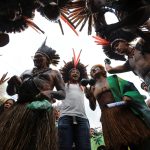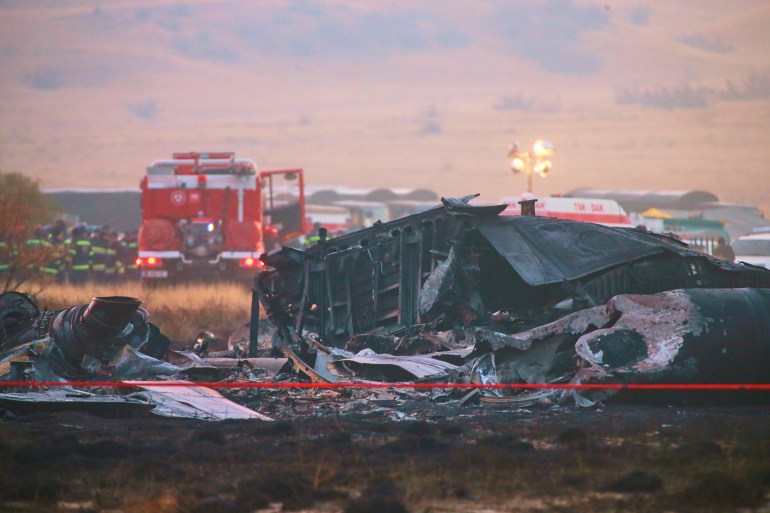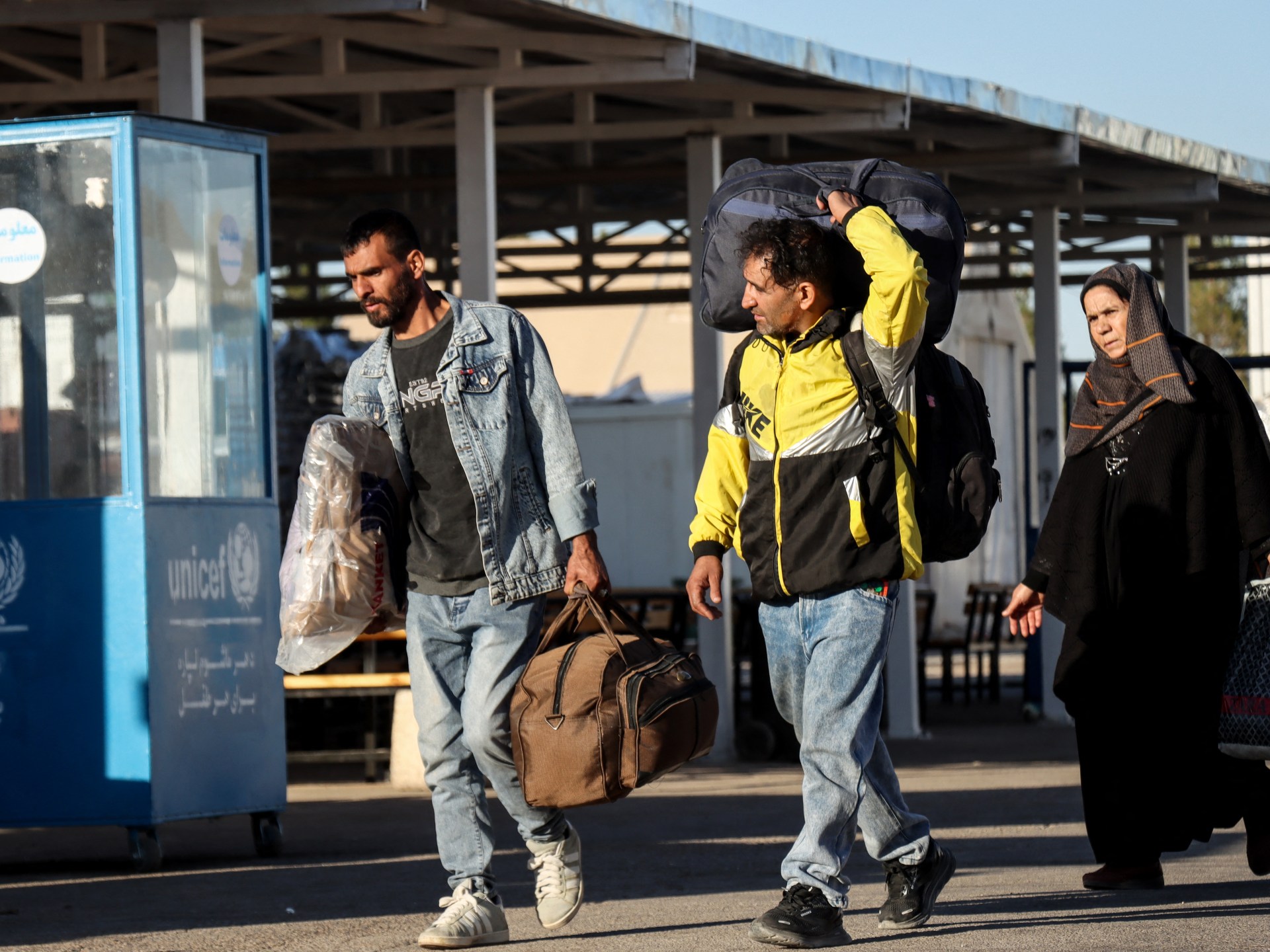Published On 12 Nov 2025
Indigenous protesters have stormed the COP30 climate summit venue in Belem, Brazil, confronting security guards as they demanded climate action and forest protection.
The demonstrators on Tuesday tried to enter the United Nations compound, where thousands of international delegates are gathered for the climate talks. Many carried flags advocating for land rights and signs declaring, “Our land is not for sale.”
“We can’t eat money,” said Nato, an Indigenous leader from the Tupinamba community, who uses only one name. “We want our lands free from agribusiness, oil exploration, illegal miners and illegal loggers.”
Security personnel pushed back against the protesters, barricading the entrance with tables. A witness reported that one guard was evacuated in a wheelchair while holding his stomach. A security guard told the Reuters news agency he suffered a cut above his eye after being struck with a heavy drumstick thrown from the crowd. Security confiscated several weighty sticks from the protesters.
The confrontation ended when the protesters, who had been part of a larger march of hundreds of people to the venue, dispersed. Security later allowed delegates to exit after initially instructing them to remain inside until the area was secured.
“Earlier this evening, a group of protesters breached security barriers at the main entrance to the COP, causing minor injuries to two security staff and minor damage to the venue,” a spokesperson said in a statement.
“Brazilian and United Nations security personnel took protective actions to secure the venue, following all established security protocols. Brazilian and United Nations authorities are investigating the incident. The venue is fully secured, and COP negotiations continue.”
Brazilian President Luiz Inacio Lula da Silva has emphasised the importance of Indigenous communities in this year’s COP30 negotiations. Earlier in the week, dozens of Indigenous leaders arrived by boat to participate in the talks and advocate for greater involvement in forest management.
In an interview on Tuesday, respected Indigenous leader Raoni Metuktire, also known as Chief Raoni, told Reuters that many Indigenous communities are frustrated with ongoing industrial and development projects in the forest. He called on Brazil to empower native peoples in Amazon preservation efforts.









